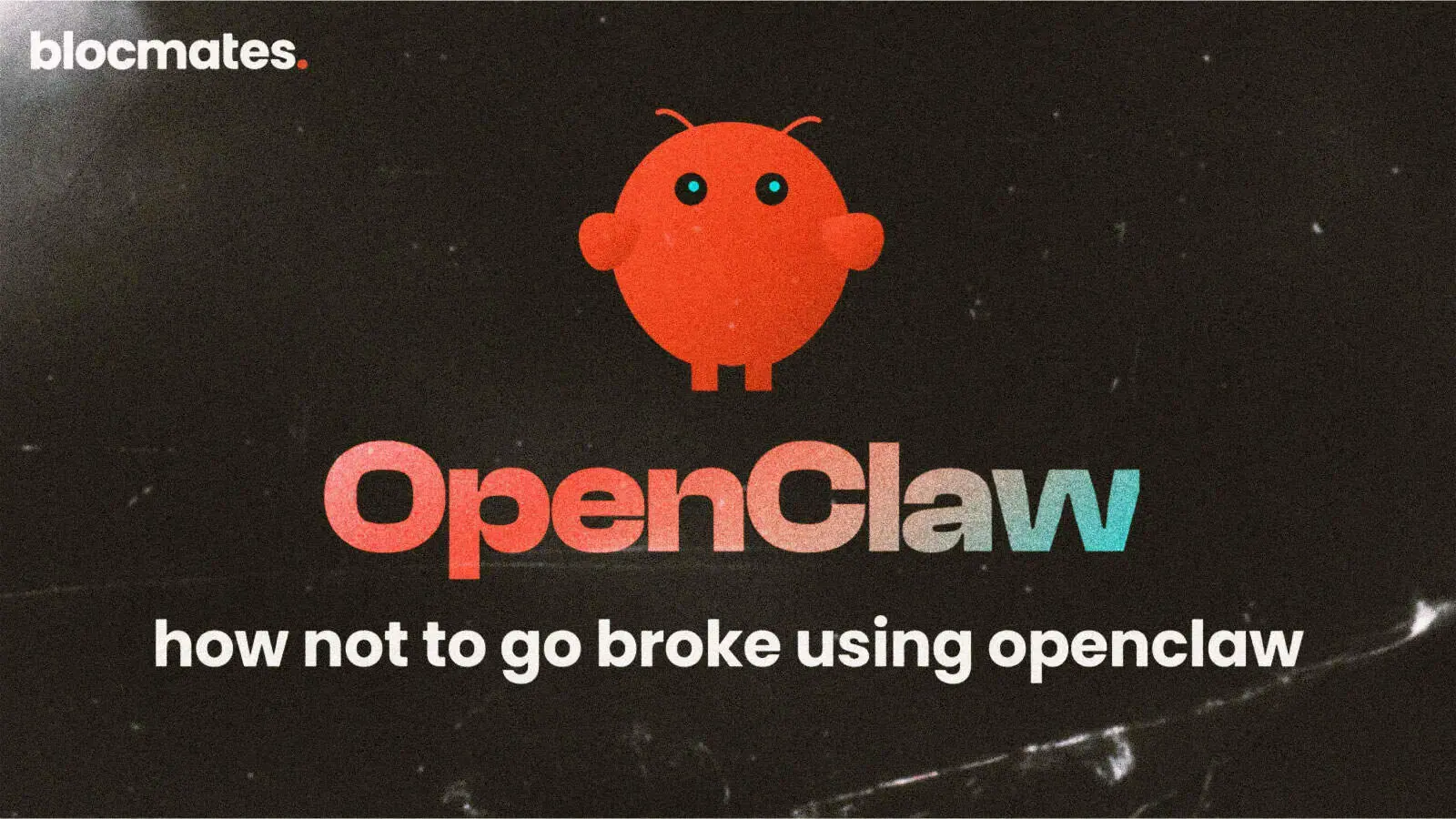A crypto holder has reportedly fallen victim to a counterfeit cold wallet scheme, losing nearly $6.9 million in digital assets. The wallet was purchased at a discounted price through Douyin, China’s version of TikTok, which also offers an e-commerce feature called Douyin Shop.
The discounted listing turned out to be a trap, one that had been compromised long before it landed in the victim’s hands.
Cold wallet Deal turns into costly trap
According to blockchain security firm SlowMist, the wallet’s private key had already been compromised at the time of creation. Once the unsuspecting buyer transferred their funds into it, the assets were siphoned out within a matter of hours.
While cold wallets are typically promoted as the safer option for self-custody, SlowMist noted that discounted or “factory sealed” hardware wallets are often tampered with before reaching customers.
The firm emphasized that scammers use the lure of a lower price to bait victims into trusting the compromised devices.
The case was also shared by an X user named Hella, a former employee under Bitmain co-founder Jihan Wu. Hella said the victim was a close friend who had frantically called late at night to report the incident.
Describing the device as a “carefully designed hot trap,” Hella claimed the stolen funds were quickly funneled through a network linked to Huiwang, a conglomerate based in Cambodia that includes services like Huione Crypto and Huione Pay, platforms previously linked to illicit financial activity.
Recovery chances slim despite fund tracing
Despite efforts to trace the transactions, SlowMist confirmed that the likelihood of recovering the stolen crypto remains low.
23pds, the firm’s chief information security officer, explained on X that many such wallet scams are hard to catch early because third-party sellers or packagers are often unaware they’re part of a larger fraud scheme.
The device may look legitimate, but its internal security is already breached before it even arrives. As 23pds put it, opting for a cheaper wallet just to save a few dollars can cost users far more in the end.
The security officer emphasized that buying from trusted sources isn’t just a recommendation, it’s a necessity in today’s fraud-heavy market.




.webp)





























.webp)

.webp)
.webp)

%20(1).webp)



























































%202.webp)


.webp)

.webp)
.webp)
.webp)


.webp)
.webp)

.webp)
.webp)
.webp)


.webp)
.webp)










.webp)


.webp)









.webp)







.webp)




.webp)


























.webp)







.webp)















.webp)

.webp)
.webp)

.webp)














.webp)

.webp)


.webp)








.webp)




